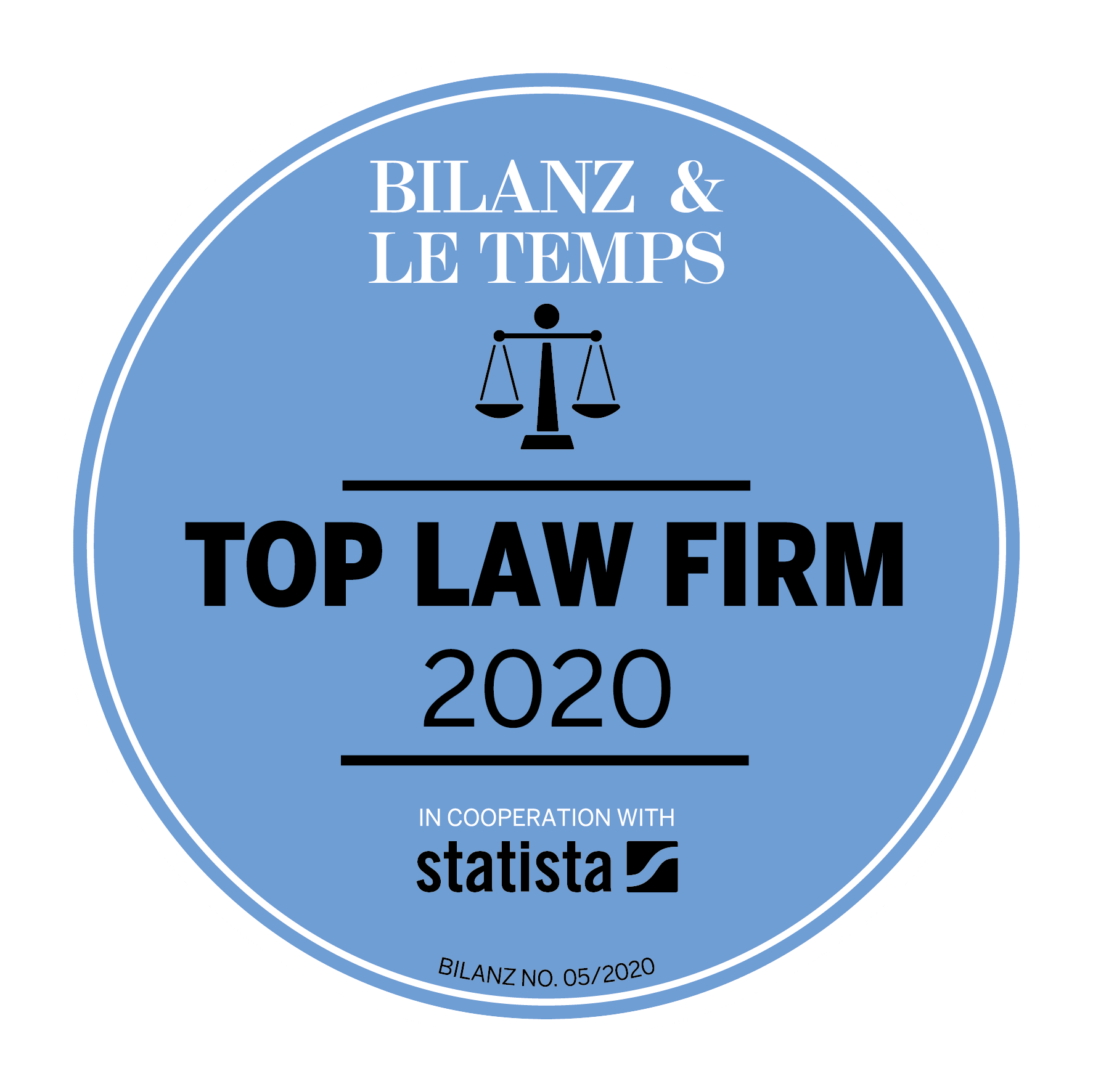The following recommendations to amend the current Swiss legislation were developed by the two working groups ICO/Token and Banking:
Recommendations 1&2: Options to make transfers of tokens legally compliant
Based on Swiss civil law, tokens could either be qualified as certificated (art. 965 of the Code of Obligations (“CO”) or uncertificated (art. 973c para. 1 CO) securities.
The first option would require a so called teleological or purpose-based interpretation of the law to consider tokens as “digital” certificated securities in terms of art. 965 CO and to consider a “digital” transfer of possession rights as legally compliant with art. 922 Civil Code (“CC”). As an alternative (what is mostly applied in practice and also forms the basis of the FINMA ICO Guidelines published on 16 February 2018), tokens could be considered as uncertificated securities according to art. 973c para. 1 CO. However, the statutory law would generally assume in such cases that the obligation could be transferred without a transfer of the underlying certificate and a transfer would require a written declaration of assignment according to art. 165 CO.
Since there is currently no case law confirming either alternative and (in any case) it could not exclude all legal uncertainties, the taskforce recommends to consider one of the following options to amend the statutory law:
- Amendment of art. 165 CO in order to allow a transfer of digital obligations without written declaration of assignment;
- Introduction of a new art. 973d CO in order to allow a digital transfer of fungible rights if such rights are stored in a digital and decentralized register; or
- Amendment of art. 973c CO in order to remove the requirement to transfer uncertificated securities by a written declaration of assignment.
Recommendation 3: No amendments of anti-money laundering (“AML”) regulations
The ICO/Token working group concluded that the current AML regulations can already be applied on the transfer of tokens and that an amendment does not appear required. As such the issuance of payment tokens (as defined according to the FINMA ICO Guidelines dated 16 February 2018, “FINMA ICO Guidelines”) where the issuer is acting as a financial intermediary is already subject to AML regulations.
Recommendation 4: Transaction monitoring after the issuance of the tokens
Currently, the issuer of tokens is no longer involved in token transactions between third parties after the issuance. To increase trust of authorities and other participants of the financial market (in particular banks) in the blockchain technology it could be evaluated whether a system to monitor transactions with tokens after their issuance should be implemented. Such “best-practices” rules could be implemented considering a risk-based approach and defining different thresholds for the application of increased due diligence requirements.
The White Paper further outlines the application of the AML requirements in connection with payment tokens as defined in the FINMA ICO Guidelines, i.e. tokens with intrinsic value such as Bitcoin or Ether (so called crypto currencies). Among others it concludes that the AML requirements should only apply if the issuer of a payment token also acts as a financial intermediary after the issuance. Unfortunately, the FINMA ICO Guidelines are not fully clear whether such an approach is supported.
Recommendation 5: Drafting a Token Road Map
The qualification whether tokens qualify as securities (in particular relevant for licenses required in connection with trading of tokens after the ICO and prospectus requirements) or deposits (relevant for the application of the banking regulation) depends – among others – on the development stadium of the project. For example a “utility token” could be qualified as an uncertificated security during the development phase of a project since it could not yet be used to obtain the services or goods the token is designed to provide. Similarly, an obligation to allocate tokens in the future against a consideration could be qualified as a deposit subject to the banking regulation if certain additional conditions are met (e.g. public advertisement).
Therefore, tokens can be qualified differently as voucher, pre-functional, or functional tokens for Swiss regulatory purposes depending on the development stages of the project. To clarify these questions the Blockchain Taskforce recommends to draft a Token Road Map where it would be clearly described during which development stages and under which requirements tokens would qualify as securities or deposits.
Recommendation 6: Offering a Blockchain-Sandbox regime
The current regulatory legislation is mainly focused on centralized and established financial structures. It is not always suitable for small businesses and may slow down innovation. For this reason a sandbox regime for blockchain businesses should be introduced that – under certain conditions – would grant an exception of blockchain projects from financial market infrastructure, stock exchange and securities and banking licenses.
The content of this newsletter does not constitute legal or tax advice and may not be used as such. If you need advice with regard to personal circumstances, please reach out to your contact person at Reichlin Hess AG or to the authors of this newsletter.
Our experts for crypto or blockchain related legal advice would be happy to support with any questions you may have regarding this topic (please see here a short description of our services offered).
